Apple could save over $1B on alleged Beats deal with international acquisition - report
Because Beats Electronics has tax residency in Ireland, Apple could structure a deal with the headphone maker in such a way that it would not only be able to use its massive international cash pile to pay for the deal, but it could also significantly reduce the final price with international tax laws, one financial expert says.
Joseph Harpaz, the tax and accounting expert on the leadership team at Thomson Reuters, penned a guest column for Forbes this week in which he said the existence of Beats Electronics Holding Limited, a corporation established in Ireland in 2012, could become a key part of a potential deal with Apple. Specifically, Apple could pay for the purchase entirely with foreign funds — money that has not been repatriated back to the U.S. at a high tax rate.
"M&A decisions are increasingly being driven by offshore tax policy," Harpaz wrote. "It's hard to argue the business logic of using offshore income to acquire foreign companies versus bringing the money back into the U.S. for a domestic acquisition."
Using what he admitted is "the rough math of a foreign acquisition," Harpaz said that Apple's rumored $3.2 billion bid for Beats could actually come in around $2 billion if the transaction were to be completed in Ireland. His calculations, however, seem to presume that Apple would opt to repatriate that cash for a U.S. deal.
With his estimated final price pegged at more than $1 billion cheaper than the rumored offer, and with Apple carrying some $138 billion in cash and short-term marketable securities overseas, Harpaz believes Beats' presence in Ireland could be a major incentive for Apple.
But Harpaz's calculations assume that Apple would repatriate the necessary cash and pay taxes on it for a U.S.-based deal, something that executives at the company have signaled they have no plans to do. As of last quarter, Apple had some $18 billion in cash held domestically, and the company also has the ability to raise debt at low rates, suggesting that it wouldn't need to repatriate any funds for a domestic acquisition.
Still, in Harpaz's view, there are legitimate reasons Apple might pursue an international acquisition strategy — Â one that could ultimately save the company a considerable amount money, he argued.
Word first surfaced earlier this month that Apple and Beats are allegedly in late-stage discussions for a potential acquisition said to be worth some $3.2 billion. The latest rumors have indicated that the deal is not yet finalized, but seems likely to go through.
While Beats is best known for its premium headphones, reports have claimed that the deal could be more of an "acqui-hire" to bring Beats co-founder and Chief Executive Jimmy Iovine onto its team — Â someone who could help in negotiating contracts with content providers, thanks to his longstanding industry ties. It's also been said that Apple is interested in Beats Music, a Spotify-like subscription music service that could complement its existing iTunes Radio streaming, which is more akin to Pandora.
While word of a potential deal between Apple and Beats has earned considerable buzz, AppleInsider reported this week that reporting rules with the U.S. Securities and Exchange Commission could actually allow Apple to keep quiet on the deal, if it so chose. Though the $3.2 billion price would make it by far the largest acquisition in Apple's history, Apple's sheer size means that the reported deal might not be considered materially significant.
 Neil Hughes
Neil Hughes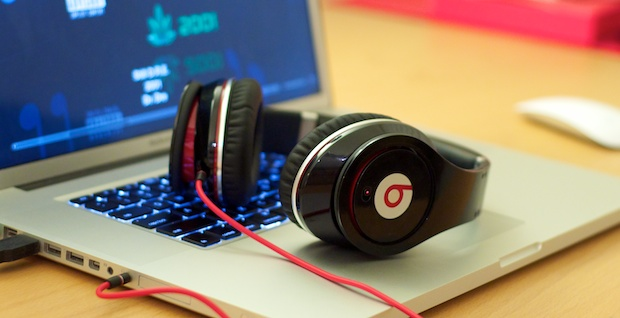
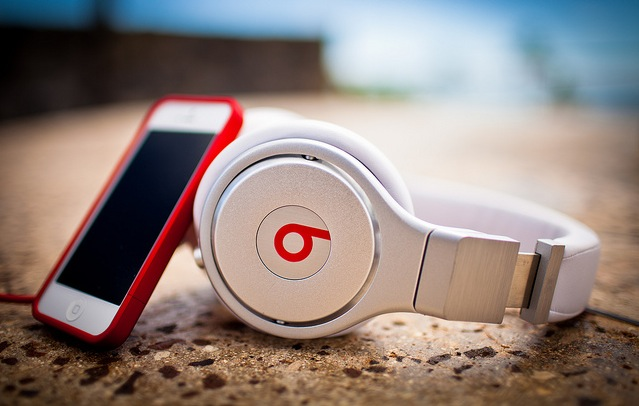


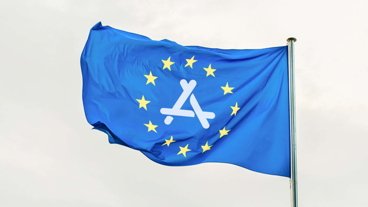








 Malcolm Owen
Malcolm Owen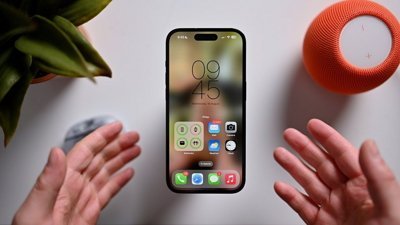
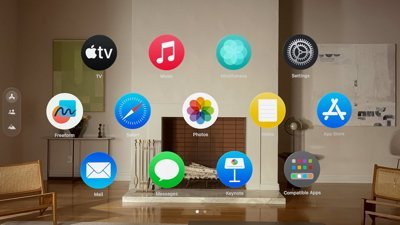
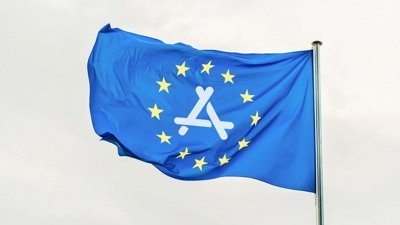
 William Gallagher
William Gallagher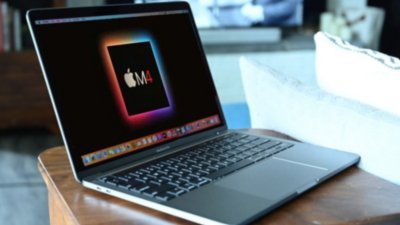

 Christine McKee
Christine McKee
 David Schloss
David Schloss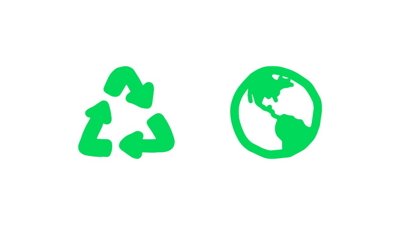
 Amber Neely
Amber Neely







